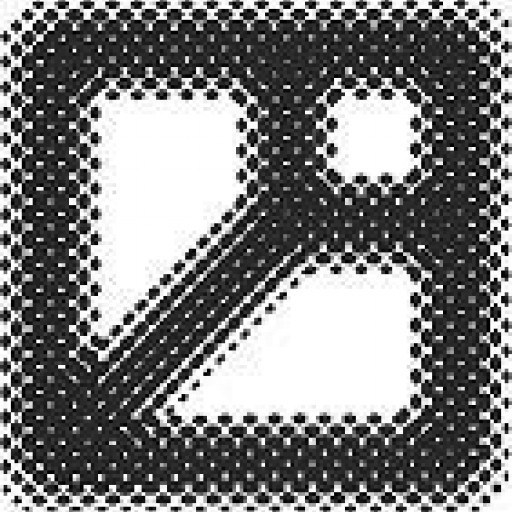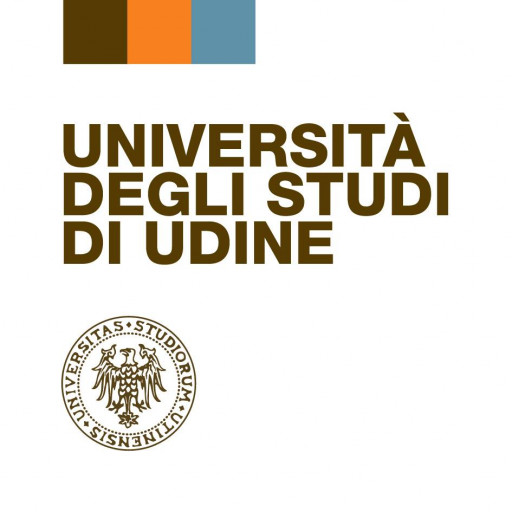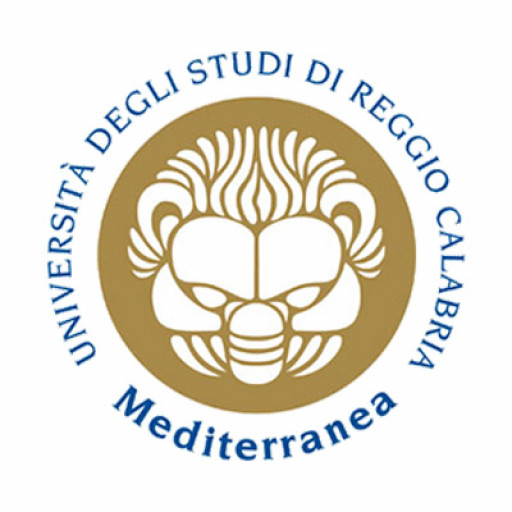Photos of university / #carnegiemellon
The Bachelor of Architecture (B.Arch.) program at Carnegie Mellon University is a comprehensive and rigorous academic journey designed to cultivate the next generation of innovative and socially responsible architects. Rooted in a tradition of academic excellence and creative exploration, the program combines a strong foundation in design, technology, history, and theory with hands-on experience and interdisciplinary collaboration. Students engage in cutting-edge coursework that emphasizes sustainable design practices, advanced building technologies, and the integration of digital tools in architectural processes. Through studio-based learning, students develop their conceptual and technical skills by working on real-world projects, fostering critical thinking, problem-solving, and effective communication. The program also encourages engagement with urban planning, environmental considerations, and community-focused design, ensuring graduates are prepared to address complex societal challenges. Faculty members are distinguished scholars and practitioners dedicated to mentoring students through individual guidance and collaborative projects. The architecture program offers opportunities for internships, research, and participation in design competitions, allowing students to gain practical experience and build a professional network. Graduates of the program are equipped to pursue careers in architecture, urban design, historic preservation, and related fields, or continue their education through advanced degrees. With state-of-the-art facilities, extensive resources, and a vibrant academic community, Carnegie Mellon’s architecture program fosters innovation, sustainability, and excellence, preparing students to make meaningful contributions to the built environment and society at large.
First Year: FOUNDATION
| 48-100 | Architecture Design Studio: Foundation I | 12 |
| 48-025 | First Year Seminar: Architecture Edition I | 3 |
| 48-120 | Analog and Digital Media I | 12 |
| 76-101 | Interpretation and Argument | 9 |
| 99-101 | Computing @ Carnegie Mellon | 3 |
| 62-105 | Exploring Pittsburgh | 6 |
| 48-105 | Architecture Design Studio: Foundation II | 12 |
| 48-026 | First Year Seminar: Architecture Edition II | 3 |
| 48-125 | Analog and Digital Media II | 12 |
| 48-240 | Historical Survey of World Architecture and Urbanism I | 9 |
| 48-116 | Building Physics | 9 |
Second Year: ELABORATION
| 48-200 | Architecture Design Studio: Elaboration I | 18 |
| 48-241 | Modern Architecture | 9 |
| 48-250 | Case Studies in Architecture and Urban Design | 9 |
| 62-275 | Fundamentals of Computational Design | 9 |
| 48-205 | Architecture Design Studio: Elaboration II | 18 |
| 48-215 | Materials and Assembly | 9 |
| 48-351 | Human Factors in Architecture | 9 |
| 62-225 | Generative Modeling | 9 |
Third Year: INTEGRATION
| 48-300 | Architecture Design Studio: Integration I | 18 |
| 48-315 | Environment I: Climate & Energy | 9 |
| 48-324 | Structures/Statics | 9 |
| xx-xxx | University Elective (1) | 9 |
| 48-305 | Architecture Design Studio: Integration II | 18 |
| 48-380 | Real Estate Design and Development | 6 |
| 48-381 | Issues of Practice | 6 |
| 48-383 | Ethics and Decision Making in Architecture | 6 |
| xx-xxx | University Elective (2) | 9 |
Fourth Year: ADVANCED TOPICS
| 48-400 | Advanced Synthesis Options Studio I | 18 |
| 48-432 | Environment II: Advanced Building Systems Integration & Mechanical Systems | 9 |
| 48-xxx | Architectural History III | 9 |
| xx-xxx | University Elective (3) | 9 |
| 48-405 | Advanced Synthesis Options Studio II | 18 |
| xx-xxx | University Elective (4) | 9 |
| xx-xxx | University Elective (5) | 9 |
| 48-xxx | School Elective (1) | 9 |
| 48-497 | Thesis Prep (optional) |
3 |
Fifth Year: ADVANCED TOPICS
| 48-500 | Advanced Synthesis Options Studio III OR |
18 |
| 48-509 | Architecture Design Studio: Thesis I | 18 |
| xx-xxx | University Elective (6) | 9 |
| xx-xxx | University Elective (7) | 9 |
| xx-xxx | University Elective (8) | 9 |
| 48-505 | Advanced Synthesis Options Studio III OR |
18 |
| 48-519 | Architecture Design Studio: Thesis II | 18 |
| xx-xxx | University Elective (9) | 9 |
| xx-xxx | University Elective (10) | 9 |
| xx-xxx | University Elective (11) | 9 |
| Total number of units required: 1 | 450 | |
- Common Application
- $75 application fee*
- Official high school transcript (please review our Academic Requirements)**
- Secondary School Counselor Evaluation
- Teacher Recommendation
- Common Application essay and personal statement
- All fine arts applicants to the Schools of Architecture, Art, Design, Drama and Music are required to arrange an audition or portfolio review.
- Home schooled applicants should submit an academic portfolio/transcript consistent with their state guidelines and a list of all textbooks used.
- Applicants must provide proof of meeting all requirements for an official high school diploma, by the end of May of the year of graduation, and submit an official final transcript, GED or certificate of completion from your local school district or state board of education by the end of July of the year of matriculation.
- The Test of English as a Foreign Language (TOEFL) or the International English Language Testing System (IELTS) is required if your native language is not English. Carnegie Mellon requires TOEFL scores of 102 or better on the internet-based TOEFL (as of Fall 2010) or an IELTS score of 7.5 and above. Carnegie Mellon carefully reviews the sub-scores of each of these exams and considers those candidates with reading, listening, speaking and writing sub-scores of 25 or more on TOEFL and 7.5 or more on IELTS to be candidates with high levels of English proficiency. Please arrange to have these scores sent no later than January 1st. Carnegie Mellon's TOEFL code is 2074.
- InitialView interviews are recommended for non-native English speakers but are not required. Often these interviews can measure readiness for engagement in the classroom and also showcase a student’s personality, likes and dislikes as well as the area of intended major. InitialView interviews can show English language proficiency while also corroborating the application with more details about the student.
- If your secondary school transcript or any other admission document is written in a language other than English, it should be accompanied by an official translation and verified by a counselor or school official to be true copies of the original.
- If you are preparing for the International Baccalaureate or the General Certificate of Education (GCE) A-level examinations, please send your expected exam results.
The Bachelor of Architecture program at Carnegie Mellon University offers a comprehensive educational experience designed to prepare students for professional practice and advanced study in architecture. The program provides various financial aid options to support students throughout their studies. Undergraduate students can apply for federal and state financial aid, including grants, loans, and work-study opportunities, which are awarded based on financial need and academic merit. Carnegie Mellon University also offers institutional scholarships and merit-based awards specific to the School of Architecture, recognizing academic excellence, talent, and leadership potential. In addition to scholarships, students may have access to fellowships and assistantships that provide stipends and tuition waivers in exchange for research, teaching, or project assistance. The university encourages students to explore external funding sources such as private scholarships, industry-sponsored awards, and community grants to supplement their financial resources. Payment plans are available to help distribute tuition and fee payments over the academic year, making financial management more flexible for students and their families. The university also provides guidance and counseling services to assist students and their families in understanding financial aid options, completing federal aid applications such as the FAFSA, and planning their financial future during their years at Carnegie Mellon. Overall, the program's financing options aim to reduce financial barriers and enable talented students to pursue their architectural education with confidence, ensuring that financial concerns do not hinder their academic and professional development.
The Bachelor of Architecture (B.Arch.) program at Carnegie Mellon University is a highly regarded undergraduate degree designed to prepare students for professional practice in architecture. The curriculum emphasizes a blend of theoretical grounding, technical skills, and creative design, providing students with a comprehensive understanding of architectural principles, environmental considerations, and urban planning. Students engage in hands-on projects, studio work, and collaborative workshops that foster innovation and critical thinking. The program encourages a multidisciplinary approach, integrating aspects of engineering, technology, art, and social sciences to address complex architectural challenges. Coursework covers architectural design, history, structures, building systems, sustainability, and digital fabrication, among other subjects. Students have access to state-of-the-art laboratories, design studios, and computing resources, supporting experimentation and proficiency with current tools and software. The program also emphasizes sustainability, social impact, and ethical practices within the field of architecture. Throughout their studies, students are mentored by experienced faculty members who are active practitioners and researchers. The program culminates in a comprehensive design thesis and a professional portfolio, preparing graduates for employment, internships, or postgraduate study. Carnegie Mellon’s strong industry connections and career services help students secure internships and facilitate employment opportunities post-graduation. The program aims to cultivate socially responsible, innovative, and adaptable architects who are equipped to contribute to the evolving built environment worldwide.










